Publications
Articles, publications, books, tools and multimedia features from the U.S. Institute of Peace provide the latest news, analysis, research findings, practitioner guides and reports, all related to the conflict zones and issues that are at the center of the Institute’s work to prevent and reduce violent conflict.
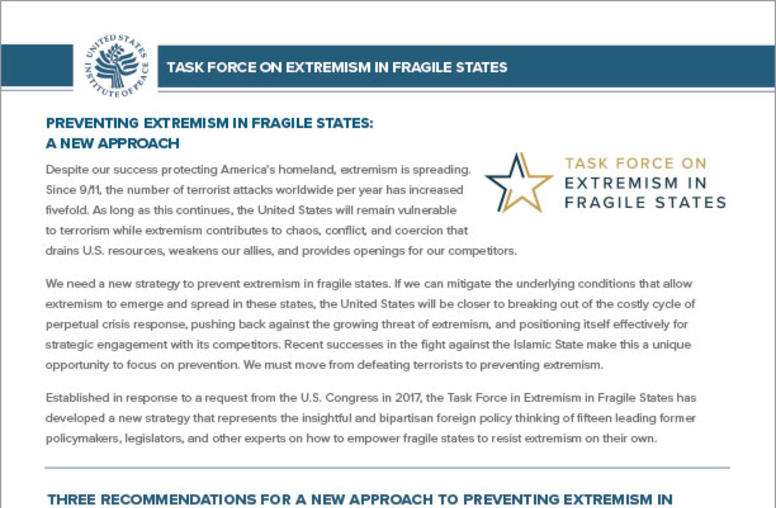
Three recommendations for a new approach to preventing extremism in fragile states
Despite our success protecting America’s homeland, extremism is spreading. Since 9/11, the number of terrorist attacks worldwide per year has increased fivefold. As long as this continues, the United States will remain vulnerable to terrorism while extremism contributes to chaos, conflict, and coercion that drains U.S. resources, weakens our allies, and provides openings for our competitors.
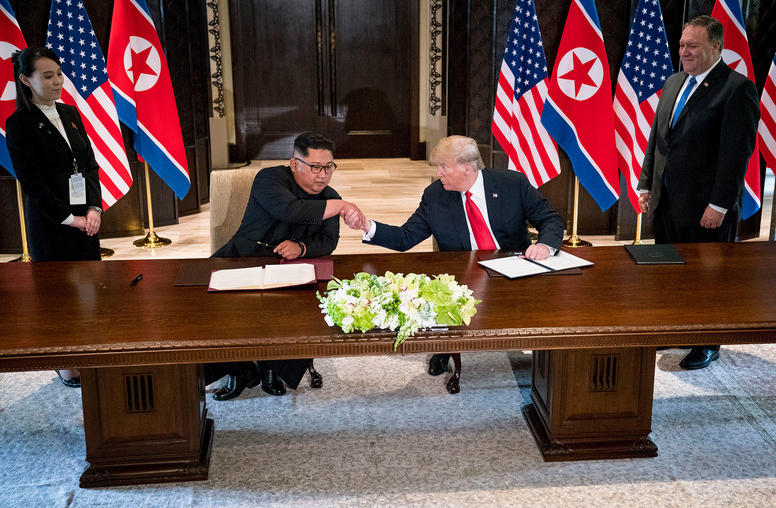
Have the Stars Lined Up on North Korea?
Tomorrow’s summit between President Trump and Chairman Kim Jong Un represents the best opportunity for peace in the last 20 years. In 2000, the United States came—as former senior Clinton administration official Wendy Sherman described—“tantalizingly close” to achieving an agreement that would halt North Korea’s production, deployment, and testing of long-range missiles. And this was in addition to the 1994 Agreed Framework deal, which froze North Korea’s nuclear facility at Yongbyon. What is different this time around?
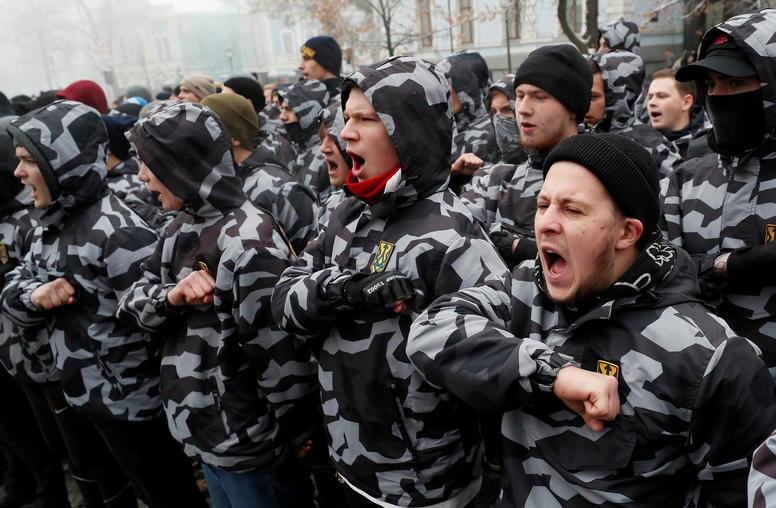
Preventing Violence During Ukraine’s 2019 Elections
Ukraine’s 2019 presidential and parliamentary elections will take place against a tense backdrop of Russian aggression, ongoing conflict in the Donbas region, and a momentous split in the Ukrainian and Russian Orthodox churches. This Special Report, based on an assessment conducted by USIP in late 2018, identifies...
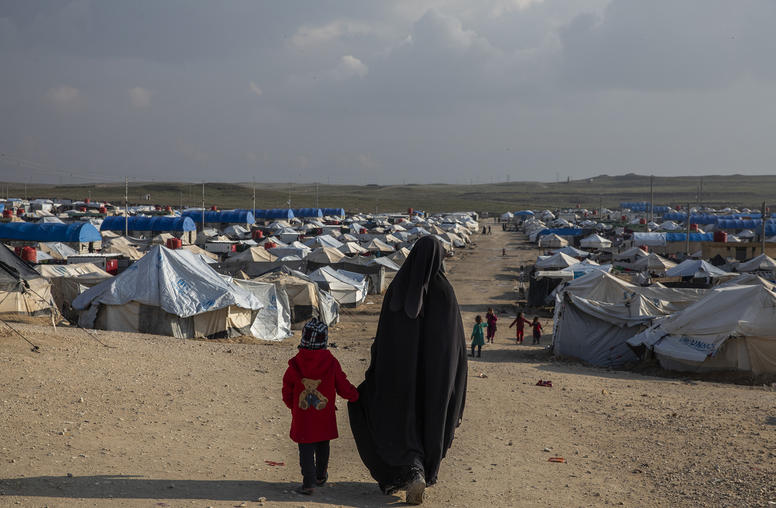
ISIS Returnees: Can Ex-Fighters Be Rehabilitated?
As the last pockets of the Islamic State’s “caliphate” collapse this month, nations far from the battlefield face an increasingly urgent challenge: How to reintegrate the group’s former militants as they come home and seek to disengage from extremist violence. For the officials in charge of the process, it’s an undertaking fraught with uncertainty whose failure could mean continued recruitment or even terrorism on their streets.
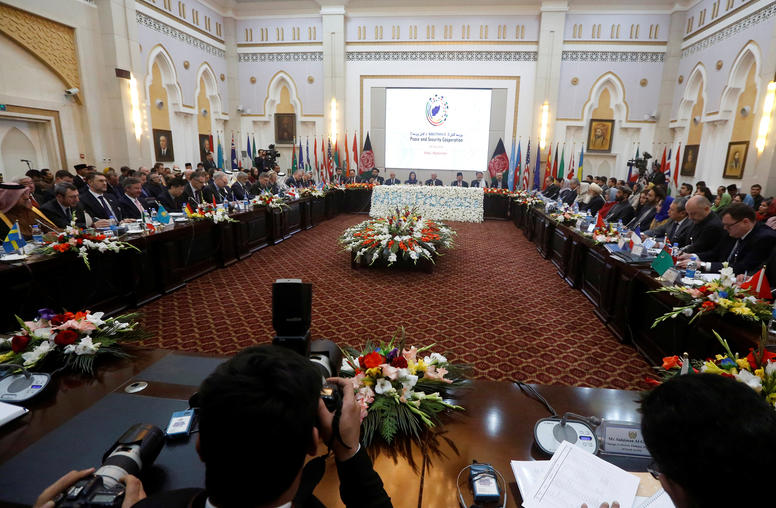
Intra-Afghan Peace Negotiations: How Might They Work
Recent positive developments in the Afghan peace process have renewed hopes that the country’s 17-year-old conflict could come to a close. Direct negotiations between the Afghan government and the Taliban, however, are likely to involve complex constitutional questions. This Special Report provides...
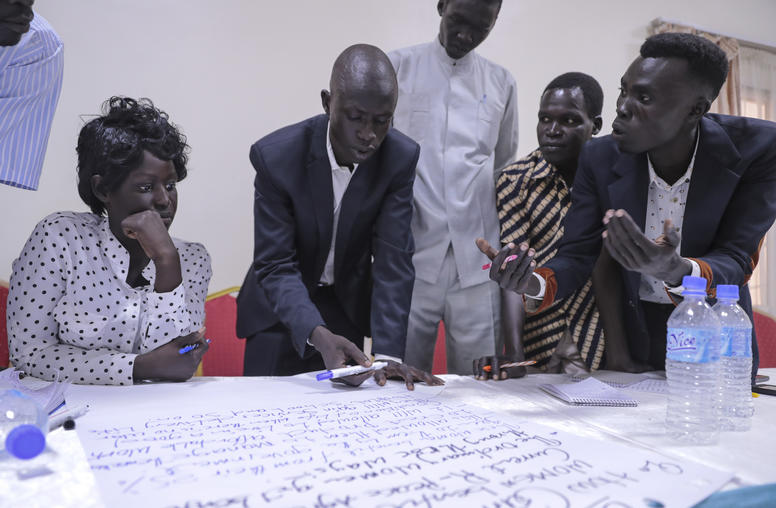
In South Sudan, Nonviolent Action is Essential to Building Peace
On September 12 of last year, South Sudan’s president, Salva Kiir, signed the Revitalized Agreement on the Resolution of Conflict in South Sudan (R-ARCSS) with South Sudan People Liberation Movement in Opposition chairman Dr. Riek Machar and several other armed groups. Meanwhile, South Sudanese civil society has sought to further advance the country’s peace process through coordinated, strategic nonviolent actions and campaigns.

Lucy Kurtzer-Ellenbogen on the Warsaw Conference
Last week’s U.S.-led Warsaw Conference brought together more than 60 countries to discuss peace and security challenges in the Middle East. The conference underscored U.S.-European tensions over Iran
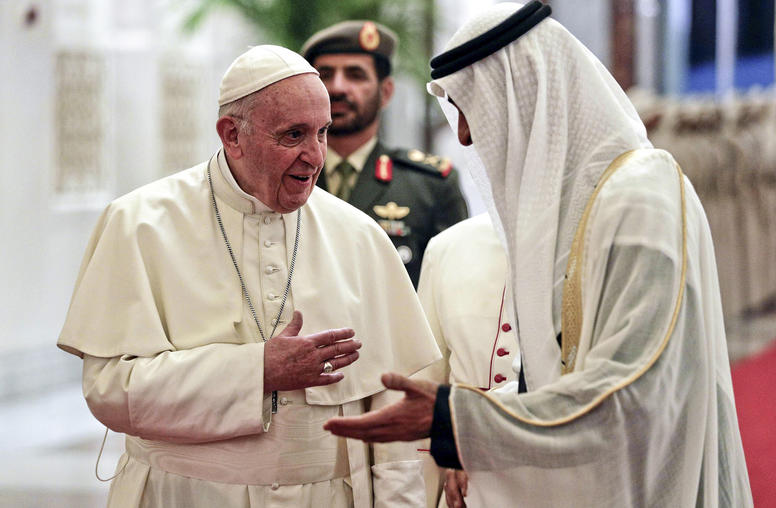
Pope Francis in the Cradle of Islam: What Might It Bring?
Pope Francis’ recent sojourn in the Arabian Peninsula was a powerful symbolic advance for interfaith dialogue: the first visit by a Roman Catholic pontiff to the original homeland of the Islamic faith. Francis joined eminent Muslim, Jewish and other Christian clerics in an appeal for the communal coexistence so desperately needed by a world suffering violence and persecution across humanity’s religious divides. The visit’s moving imagery included Christians and Muslims together attending the first papal mass on the peninsula. Yet this powerful symbolism will have real impact only if it inspires us all to take concrete steps—notably by governments, educational institutions and faith-based organizations.
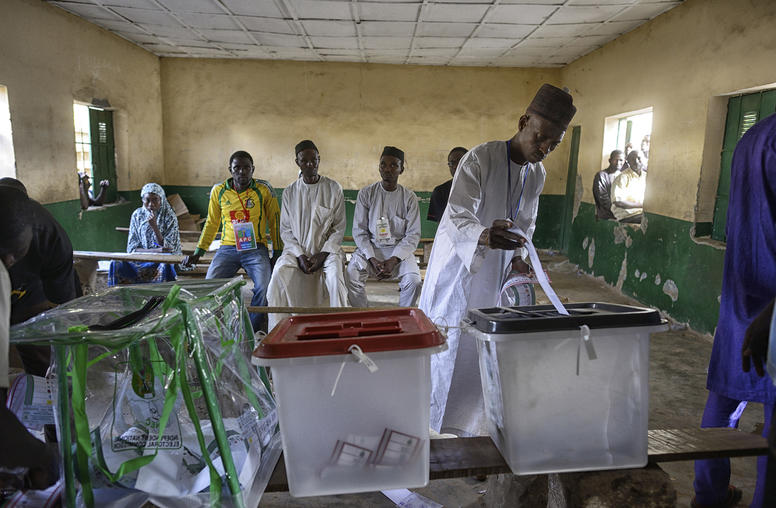
What’s at Stake in Nigeria’s 2019 Elections?
On Saturday, over 84 million eligible Nigerian voters are set to go to the polls to elect their next president and members of the National Assembly, with state-level elections to be held on March 2. Among the 73 presidential candidates, incumbent Muhammadu Buhari and former Vice President Atiku Abubakar are the top two contenders. As Africa’s most populous country with its biggest economy and democracy, Nigeria is a bellwether for the continent and these elections will be widely watched by the region and international community. USIP’s Oge Onubogu, Chris Kwaja and Aly Verjee look at why these elections matter, security challenges surrounding the polls, and how the U.S. can support Nigeria beyond the elections.

Oge Onubogu on Nigeria’s Elections
As Africa’s most populous country with its biggest economy, Nigeria is a bellwether for the continent. On Saturday, Nigerians will go to the polls to elect their next president and members of the National Assembly. This critical election will be a test of the resilience of Nigeria’s democratic institutions and widely watched by the international community, says USIP’s Oge Onubogu.